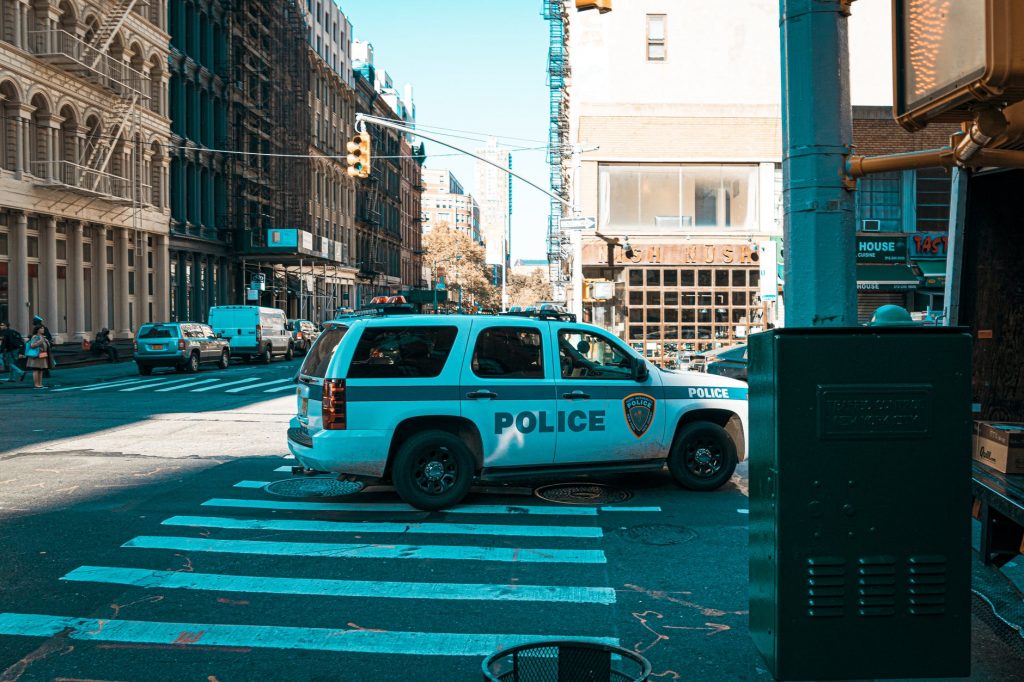Immigration
Will Blue Jays coach be able to come to Canada after DUI?

The Toronto Blue Jays pitching coach, Pete Walker, was arrested for driving under the influence on March 25. The incident has left many to wonder if Walker will be able to come to Canada for home games.
What we know according to media reports is that Walker was arrested after driving 82 miles per hour (132 km per hour) in a 45 (72 km per hour) zone in Pinellas County, Florida. Walker refused a breath alcohol test, but showed signs of impairment such as glassy eyes and a strong odour on his breath, according to the arrest affidavit obtained by USA Today. He was released later that morning after posting a $500 bond.
Although Walker has not been convicted of anything, the traffic incident that led to his arrest could be considered a serious crime in Canada.
Schedule a Free Legal Consultation with the Cohen Immigration Law Firm
According to Canadian law, a permanent resident or a foreign national is inadmissible on grounds of serious criminality for, among other things, committing an act outside Canada that is illegal in that country and would be considered a serious crime in Canada, punishable by a maximum term of imprisonment of at least 10 years.
Driving under the influence is considered a serious crime in Canada. Foreign nationals who have driven under the influence in another country may be inadmissible to Canada even if they were not convicted.
Jays Journal compares the DUI offense to laws in Ontario. If Walker had been driving 60 km per hour over the speed limit in Ontario, he would have been subject to an immediate 90-day roadside suspension, a seven-day vehicle impoundment, and a $550 fine as a first-time offender if he had failed or refused to comply with a police officer’s demand for alcohol or drug testing.
Although he may be criminally inadmissible to Canada, Walker could still be able to enter the country if he gets a Temporary Resident Permit (TRP).
Temporary Resident Permits
People who are inadmissible but have a valid reason to travel to Canada may be able to cross the border with a TRP. Some examples of a valid reason could be coming to Canada to work, attend business conferences, or for important family events such as a funeral or wedding.
TRPs are usually valid for the length of a person’s visit to Canada, and the holder must leave Canada by the expiry date or get a new one before it expires.
In order to get a TRP, officials have to determine that one’s need to enter Canada outweighs the risks to Canadian society. There is never any guarantee that an inadmissible person will be granted a temporary resident permit. Officers have the authority to cancel a TRP at any time, and it is no longer valid once the holder leaves Canada (unless they have been specifically pre-authorized.)
TRPs are required to enter Canada if a person has committed a serious crime such as driving while impaired. It is important to stress that a TRP is only a temporary solution. In the case of Walker, he would eventually need to be considered rehabilitated to avoid the possibility of ever being turned away at the Canadian border due to his DUI charge.
Schedule a Free Legal Consultation with the Cohen Immigration Law Firm
© CIC News All Rights Reserved. Discover your Canadian immigration options at CanadaVisa.com.





















